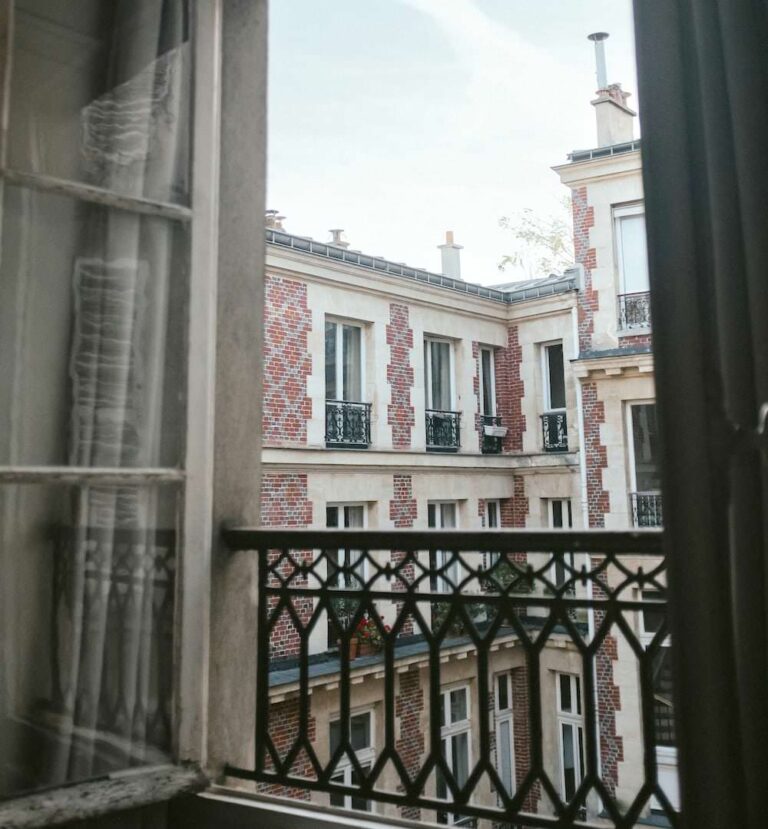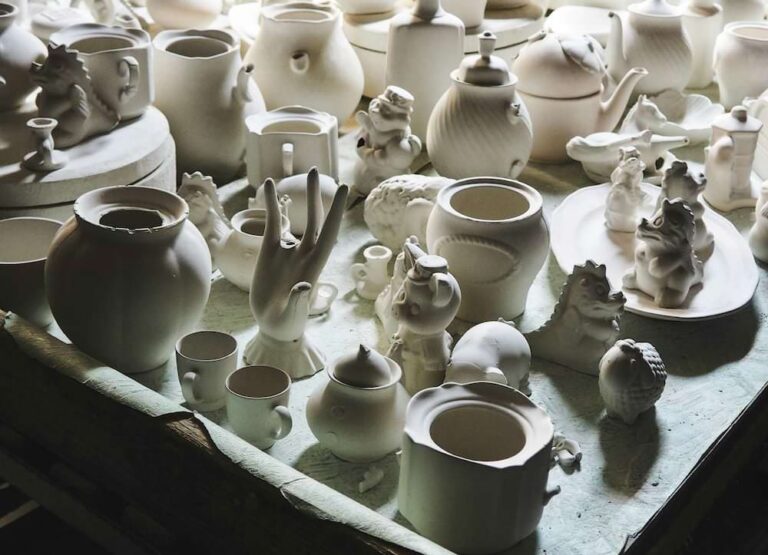monter
The French verb monter is a versatile verb with several meanings, primarily “to climb,” “to go up,” or “to mount.” It can also mean “to assemble,” “to set up,” or “to take up” depending on the context. Additionally, its conjugation in the passé composé varies between être and avoir, which changes its meaning slightly.
Main meanings of monter
1. To climb, to go up (literal and figurative)
This is the most common meaning, referring to physical ascent or progression.
Examples:
- Il monte l’escalier rapidement. (He climbs the stairs quickly.)
- Les prix montent chaque année. (Prices go up every year.)
- Elle monte dans sa chambre. (She goes up to her room.)
2. To mount, to get on (a vehicle or animal)
Used when boarding transportation or riding an animal.
Examples:
- Nous montons dans le train. (We get on the train.)
- Il monte à cheval tous les weekends. (He rides a horse every weekend.)
3. To assemble, to set up
When referring to putting something together, such as furniture or machinery.
Examples:
- Ils montent une étagère. (They are assembling a shelf.)
- Elle monte un projet ambitieux. (She is setting up an ambitious project.)
4. To take up, to bring up (carrying something upward)
Used when moving something to a higher place.
Examples:
- Je monte les valises au grenier. (I take the suitcases up to the attic.)
- Peux-tu monter le dîner ? (Can you bring up dinner?)
Passé composé: être vs avoir
The choice of auxiliary verb (être or avoir) in the passé composé changes the meaning of monter:
With être (intransitive: no direct object)
Used when the subject is moving upward on its own (no object being carried).
Examples:
- Elle est montée au deuxième étage. (She went up to the second floor.)
- Nous sommes montés dans le bus. (We got on the bus.)
With avoir (transitive: has a direct object)
Used when the subject is carrying something upward or assembling something.
Examples:
- J’ai monté les courses à l’appartement. (I took the groceries up to the apartment.)
- Il a monté son vélo hier. (He assembled his bike yesterday.)
Common expressions with monter
- Monter la garde (to stand guard)
- Les soldats montent la garde. (The soldiers stand guard.)
- Monter sur ses grands chevaux (to get on one’s high horse)
- Il monte sur ses grands chevaux dès qu’on le critique. (He gets defensive as soon as he’s criticized.)
- Monter un coup (to set up a scheme)
- Ils ont monté un coup pour le piéger. (They set up a scheme to trap him.)
Conjugation highlights
Present tense
- Je monte (I climb)
- Tu montes (You climb)
- Il/elle monte (He/she climbs)
- Nous montons (We climb)
- Vous montez (You climb)
- Ils/elles montent (They climb)
Passé composé (with être)
- Je suis monté(e) (I went up)
- Tu es monté(e) (You went up)
- Il est monté (He went up)
- Elle est montée (She went up)
Passé composé (with avoir)
- J’ai monté (I took up)
- Tu as monté (You took up)
- Il a monté (He assembled)






